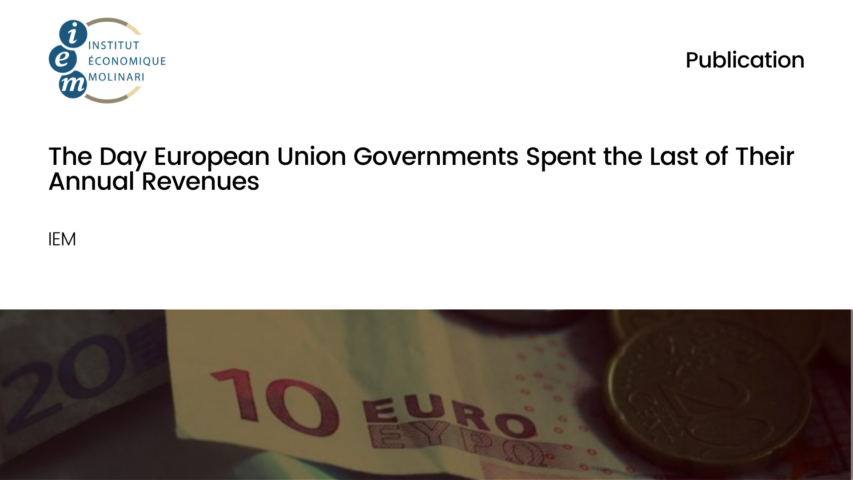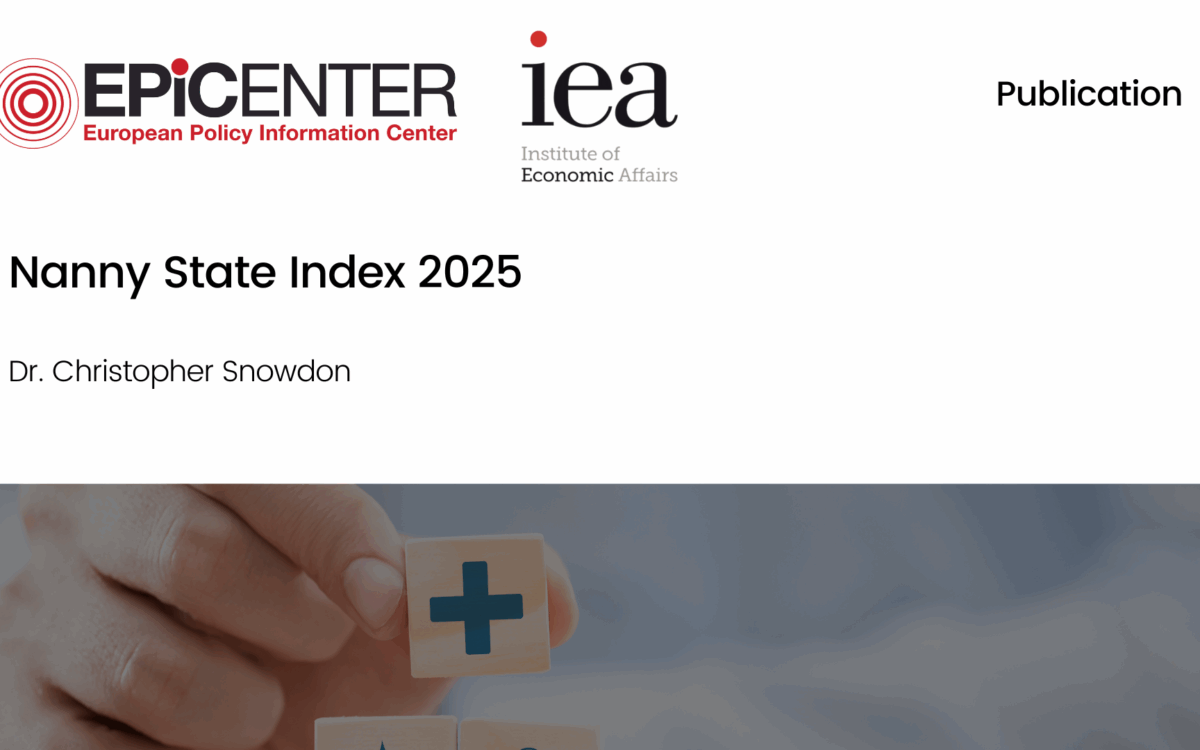The Day European Union Governments Spent the Last of Their Annual Revenues

The Day European Union Governments Spent the Last of Their Annual Revenues
7 November 2017
EU central governments use up their resources December 6 on average, 25 days before the end of the year. This is almost seven days later than the year before, representing a significant improvement.
Among the EU’s 28 central governments, four were in surplus last year, including Sweden, with a surplus equal to 20 days’ spending, and Germany, with a seven-day surplus. Their revenues for the year enabled them to finance all of the year’s expenditures and to lower their debt.
The 24 other central government spent the last of their revenues before year’s end. Fifteen of them had consumed their resources by December and nine of them by November.
Despite this improvement, central governments remain the dark spot in European public finances. Across the EU, central governments account for most of the slippage in public accounts, with 25 unfunded days. Local governments have been balanced since 2014 (with four days’ surplus in 2016). This is also true of social security administrations since 2016 (one day’s surplus). As a result, taking all administrations together, the various EU countries had consumed the last of their public revenues 13 days before the end of the year. This is five days later than the year before.
Download the full publication by IEM here and the short briefing summary here.
Download or share this publication
View the PDF
EPICENTER publications and contributions from our member think tanks are designed to promote the discussion of economic issues and the role of markets in solving economic and social problems. As with all EPICENTER publications, the views expressed here are those of the author and not EPICENTER or its member think tanks (which have no corporate view).



